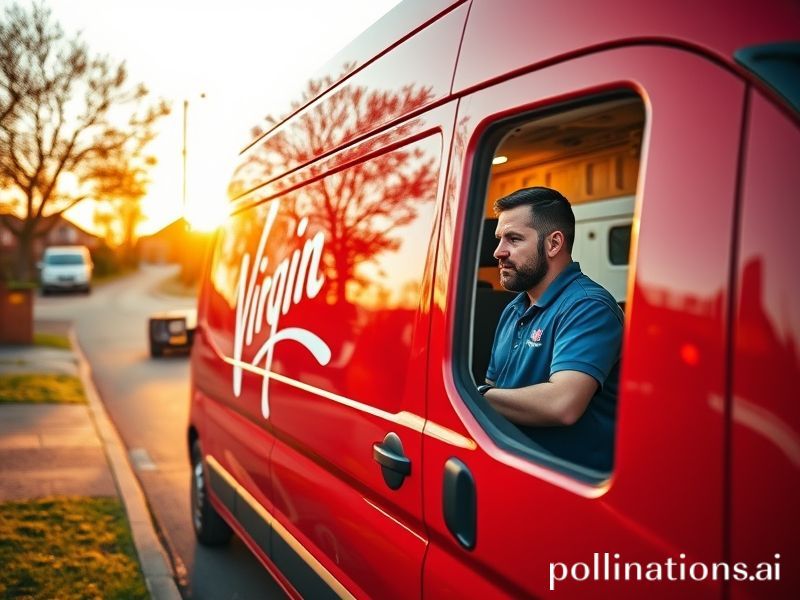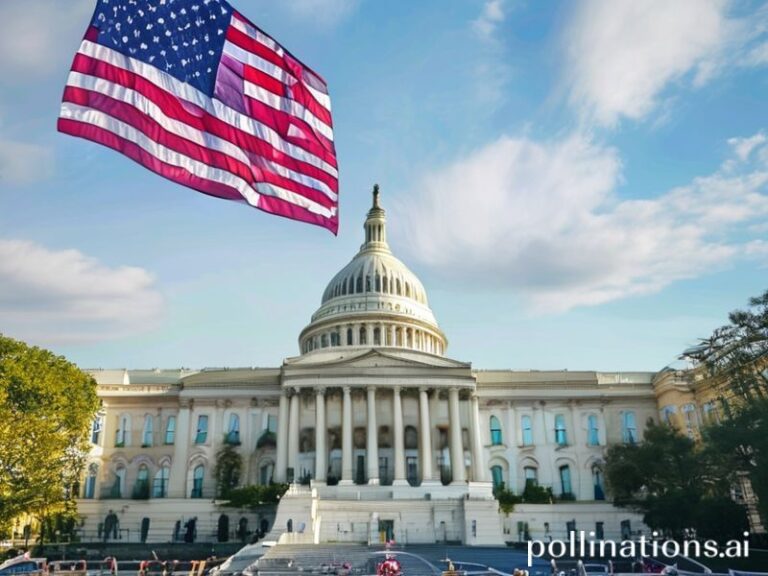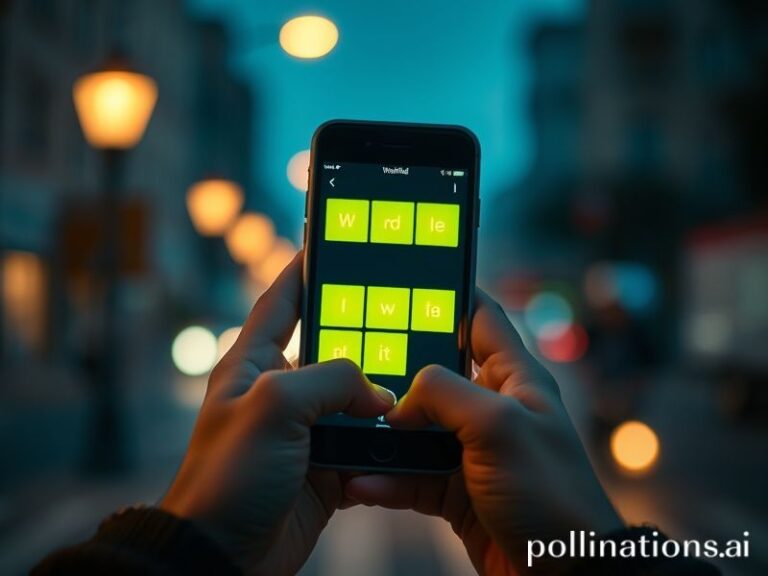Virgin Territory: How the Planet’s Last Offline Corners Became Big Tech’s Final Romance
Virgin Territory: How the World’s Last Un-Wi-Fied Corners Became the Final Frontier of Late-Stage Capitalism
By our correspondent, still nursing a €7 airport espresso and a grudge
Dateline: Everywhere with lousy bandwidth
The phrase “virgin media” once conjured missionary-era missionaries, chaste pop stars, or that awkward DVD you hid under the bed. Today it is a corporate trophy brandished by Liberty Global’s British cable outfit, but the term’s re-entry into global conversation is less about marketing and more about cartography: the planet’s final blank spots on the connectivity map are being coloured in, and the crayon smells suspiciously like burning money.
From the bamboo internet shacks of northern Laos to the yak-trampled plateaus of Tibet, the last “virgin” territories—places where Netflix has not yet buffered—are being courted by satellites, balloons, drones, and the occasional billionaire on a mid-life crisis. The sales pitch is humanitarian: close the digital divide, let every child Google “Is the Earth flat?” before recess. The subtext is raw extraction: data is the new oil, and virgin media landscapes are the untapped tundra.
Consider the maths. There are still 2.6 billion humans who have never been online, roughly the population of India plus Europe plus one disappointed Elon Musk. To investors they represent “ARPU upside”—average revenue per user—dressed in a loincloth. To authoritarian governments they represent 2.6 billion opinions still fermenting offline, dangerously unmonitored. To the rest of us they represent the final quiet car on the train ride to ubiquitous push-notification hell.
The race is geopolitical. China’s BeiDou satellites beam navigation to African mines in exchange for rare earths; Amazon’s Project Kuiper will apparently deliver Prime same-day to the rainforest that is still, you know, burning; the EU’s IRIS² constellation promises “digital sovereignty,” which is Brussels-speak for “We don’t trust the Yanks or the comms comrades.” Each constellation is a flag planted in low-Earth orbit, a 21st-century version of 15th-century caravels, only with more lithium and smallpox replaced by targeted ads.
Down on the ground, the choreography is familiar. A telecom tower rises outside a village that still fetches water with a bucket. Within weeks teenagers are doom-scrolling TikTok videos of wealthier teenagers. Elders sell ancestral beadwork on Instagram Live, captioned #authentic. GDP ticks up 0.03 %; suicide and conspiracy rates tick up faster. Anthropologists call it “disruptive modernity”; venture capitalists call it “market penetration”; locals call it Tuesday.
Meanwhile, in the already-connected world, “virgin media” has come to mean something else: the illusion of choice among three providers who all secretly share the same undersea cable, like siblings fighting over the shower while the plumbing is mortgaged to a pension fund in Toronto. Consumers switch carriers the way medieval peasants switched religions—same tithe, different stained glass.
The broader significance is theological. Having colonised land, sea, air, and near space, capitalism now craves the one remaining vacuum: human attention that has not yet been commodified. Every virgin moment—staring at actual stars, not the ones on Bravo—must be monetised before someone else monetises it first. The end state is a planet where the only offline experience is death, and even that will come with a pre-roll ad for eco-friendly coffins.
So when you next read that Virgin Media (trademark kindly respected, lawyers) is rolling out 10-gig fibre to the Shetlands, or that Starlink just signed a MOU with the Democratic Republic of Wherever, do not think cables; think conquistadors in hoodies. The conquistadors will promise you the library of Alexandria in your pocket. They will deliver the library of Alexandria—plus late fees, surveillance cameras in the scrolls, and a recommendation algorithm that nudges you toward flamethrower-infused crypto.
Humanity’s final virginity, it turns out, was never about geography. It was about silence. And she lost it at 3:42 a.m. to a push notification asking, “Ever wondered what happens next?”







